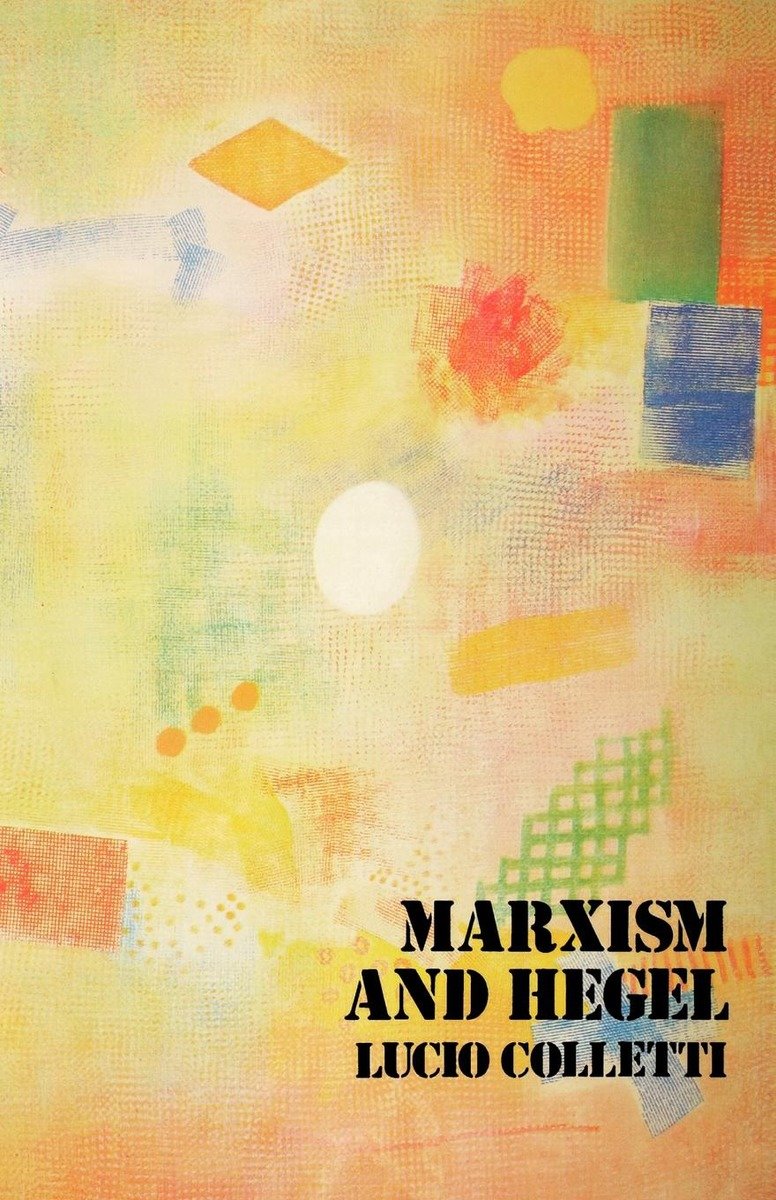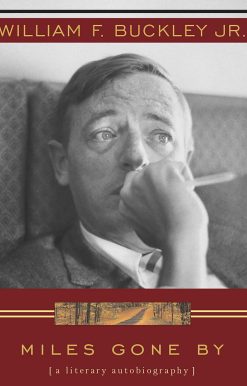Marxism and Hegel
| by |
|---|
29.95 JOD
Please allow 2 – 5 weeks for delivery of this item
Description
The interpretation of Hegel has been a focal point of philosophical controversy ever since the beginning of the twentieth century, both among Marxists and in the major European philosophical schools. Yet despite wide differences of emphasis most interpretations of Hegel share important similarities. They link his idea of Reason to the revolutionary and rationalist tradition which led to the French Revolution, and they interpret his dialectic as implying a latently atheist and even materialist world outlook.Lucio Colletti directly challenges this picture of Hegel. He argues that Hegel was an essentially Christian philosopher, and that his dialectic was explicitly anti-materialist in both intention and effect. In contrast to earlier views, Colletti maintains that there is no contradiction between Hegel’s method and his system, once it is accepted that his thought is an exercise in Absolute Idealism stemming from a long Christian humanist tradition. He claims, on the contrary, that intellectual inconsistency is rather to be found in the works of Engels, Lenin, Lukás, Kojève and others, who have attempted to adapt Hegel to their own philosophical priorities.Colletti places his argument in the context of a broad re-examination of the whole relationship between Marxism and the Enlightenment, giving novel emphasis to the relationship between Marxism and Kant. He concludes by re-asserting the importance in Marxism of empirical science against the claim of “infinite reason,” while at the same time showing how Marx did transform key ideas in Hegelian thought to construct a consistently materialist dialectic.
Additional information
| Weight | 0.3547102 kg |
|---|---|
| Dimensions | 1.524 × 13.97 × 21.59 cm |
| by | |
| Format | Paperback |
| Language | |
| Pages | 292 |
| Publisher | |
| Year Published | 1973-1-1 |
| Imprint | |
| Publication City/Country | USA |
| ISBN 10 | 0902308734 |
| About The Author | Lucio Colletti (1924–2001) served on the editorial board of Società, the cultural journal of the Italian Communist Party (PCI). After his split with PCI, he became a staunch left critic of its political and cultural orthodoxy. In his final years, he shifted to the right, joining the camp of Silvio Berlusconi and serving as parliamentary deputy as part of Forza Italia. |
Only logged in customers who have purchased this product may leave a review.
Related products
-
On backorder 2-5 Weeks to Arrive
11.00 JOD -
On backorder 2-5 Weeks to Arrive
19.99 JOD -
On backorder 2-5 Weeks to Arrive
14.00 JOD -
On backorder 2-5 Weeks to Arrive
8.99 JOD






Reviews
There are no reviews yet.